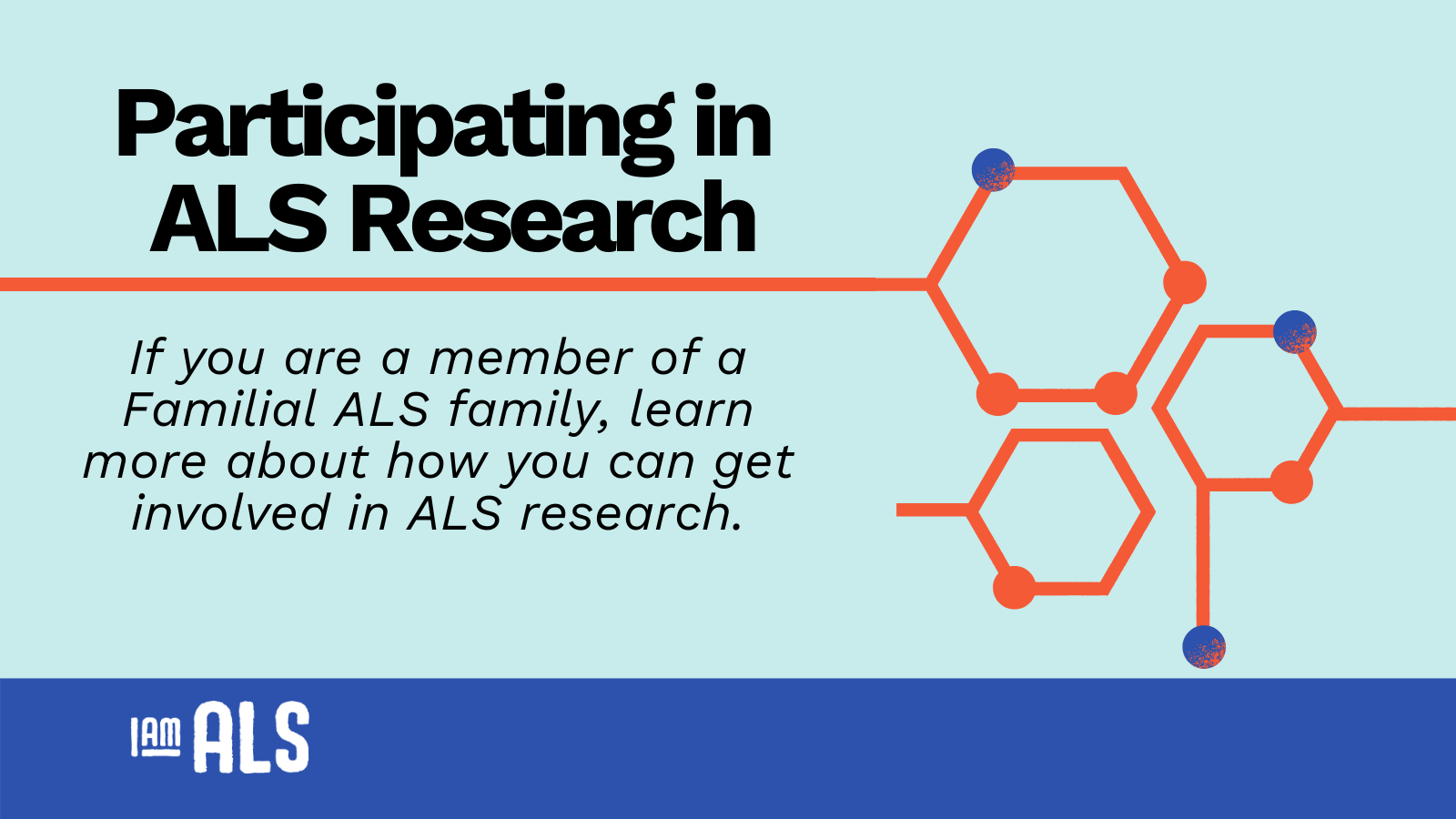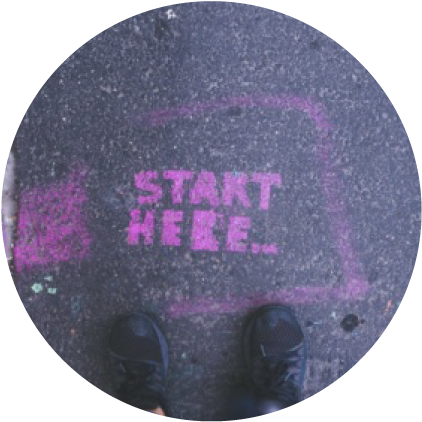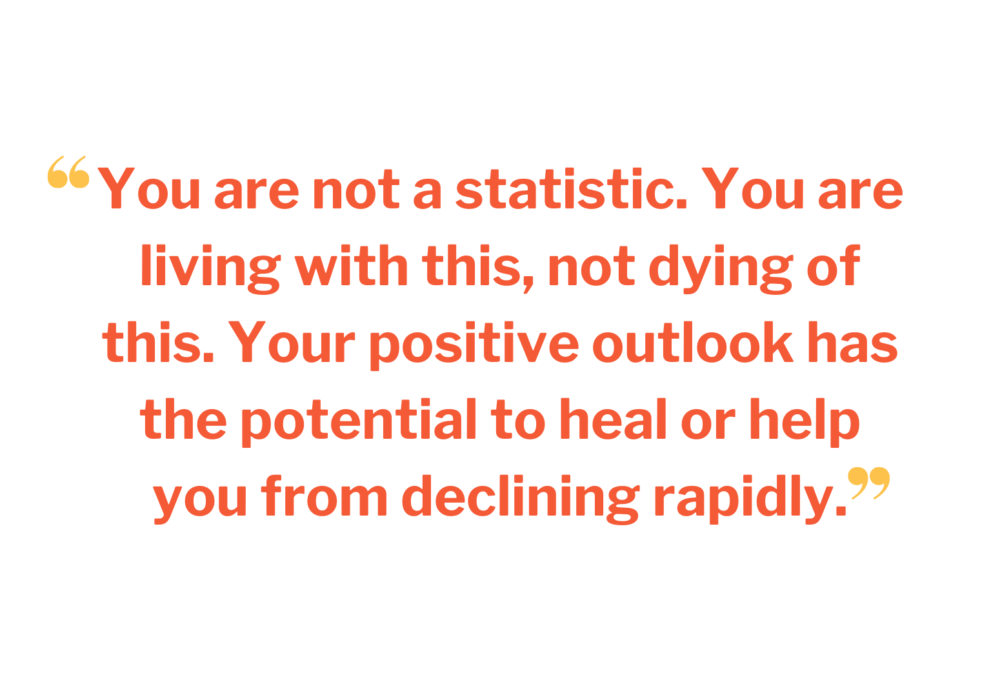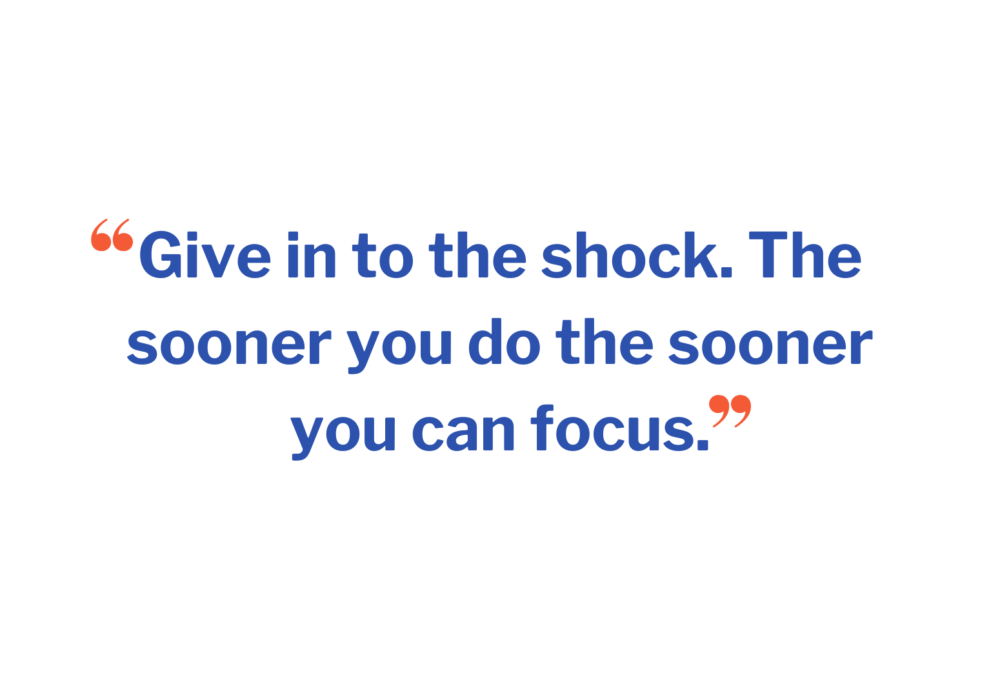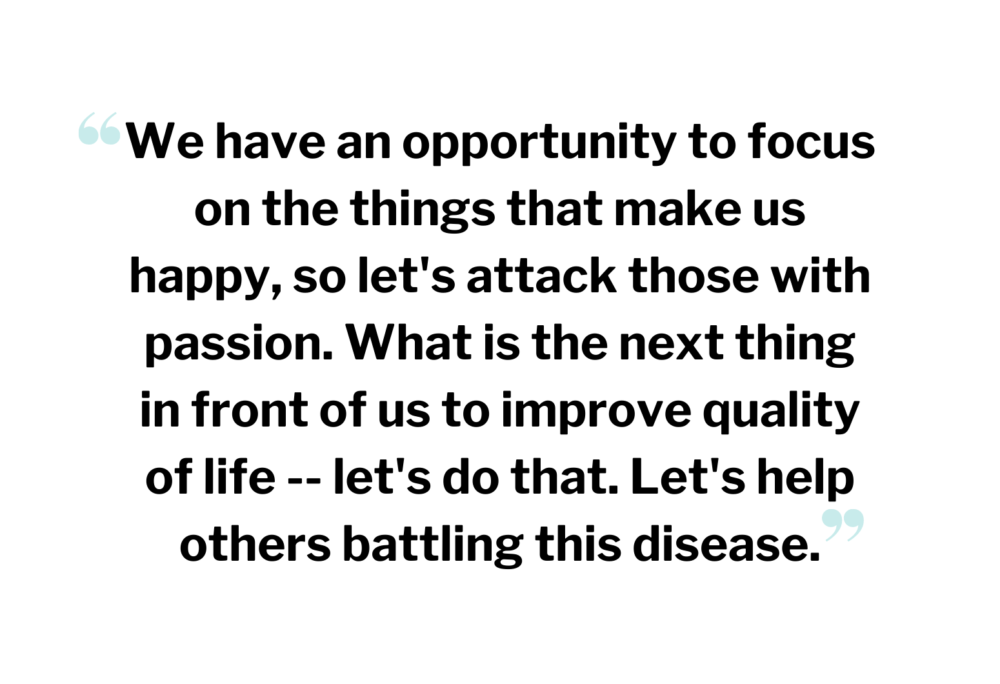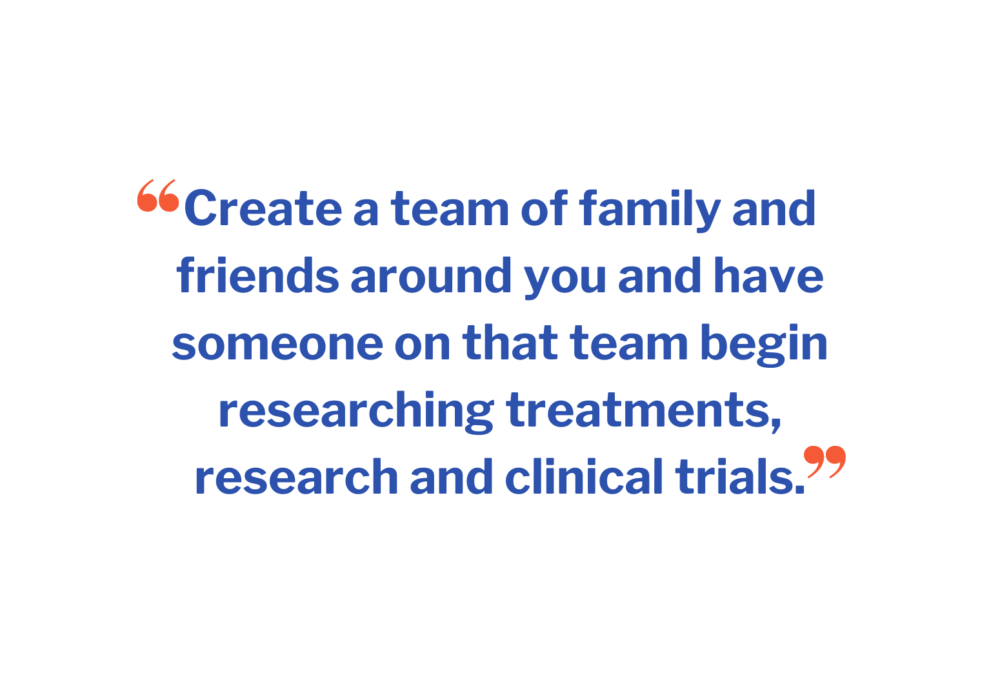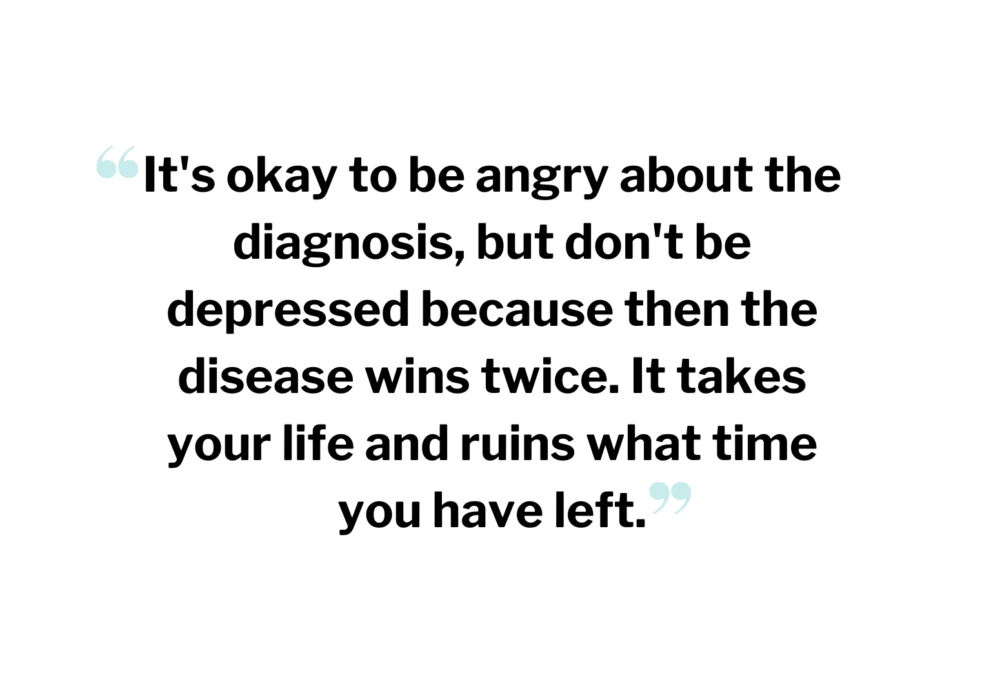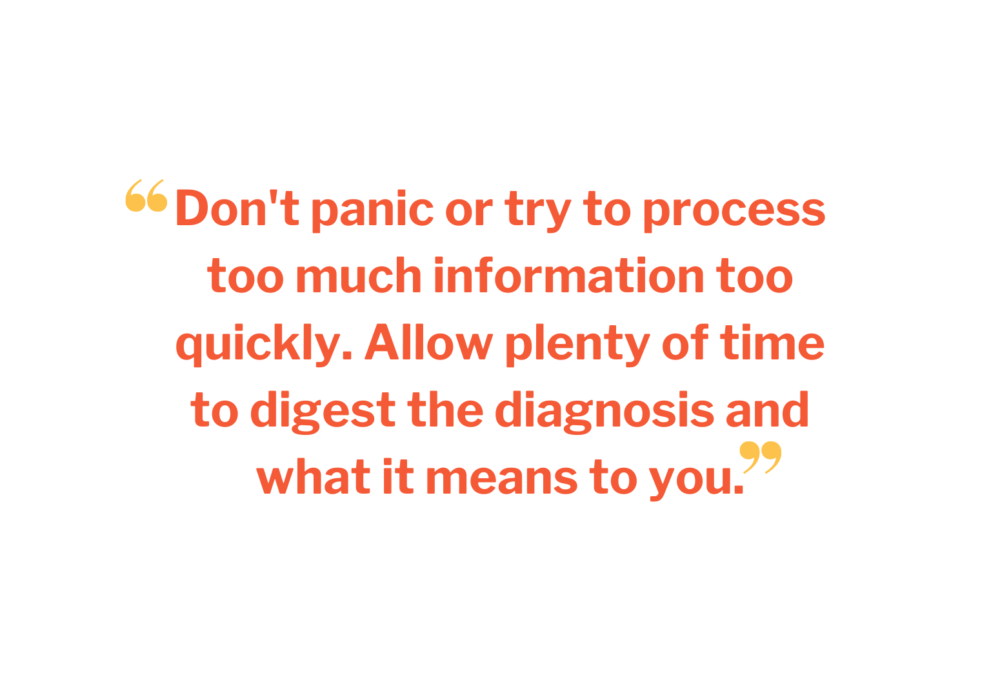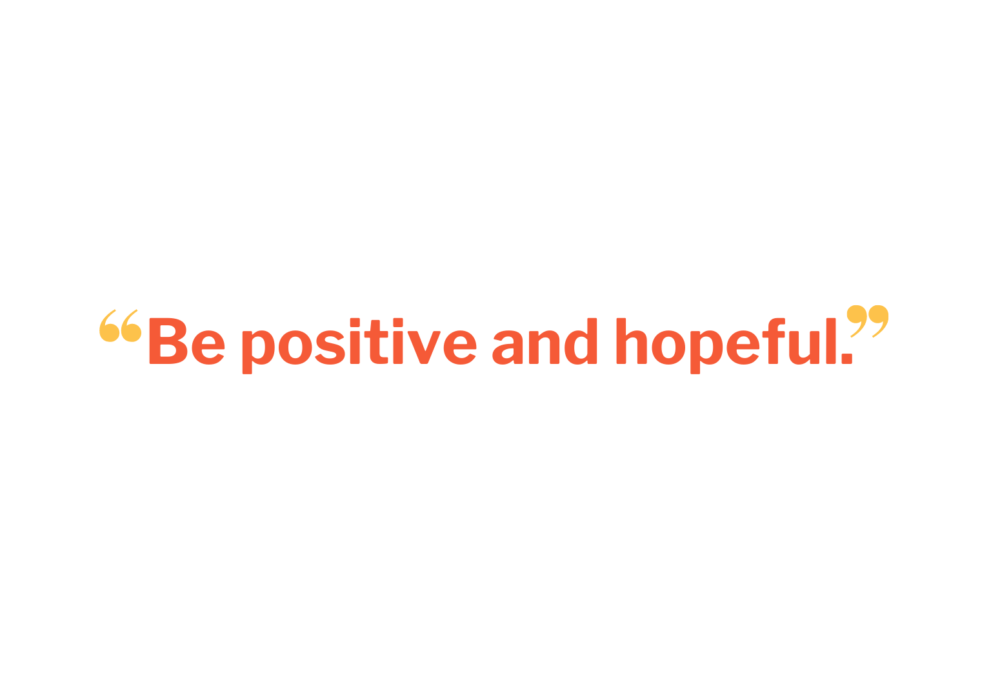***This article is authored by the Co-Chair of the Familial-ALS Community Team at I AM ALS, Jean Swidler. To learn more about this team and join members in taking action, click here.
Finding cures for ALS is our long-term goal. But right now, we (the people who are at risk of familial ALS) urgently seek answers to some basic questions, such as:
- If we carry an ALS-related gene mutation, when will we develop ALS?
- Are there changes we can make to our lifestyle or environment that could lower our chances of developing ALS?
- Is there a way to detect that ALS is starting to manifest before any major symptoms develop?
There are no definite answers to these questions now, but people in Familial ALS families have the option to help researchers get closer to answers in a significant way: by participating in research. Eligibility requirements for research studies vary. Inclusion/exclusion criteria depend on the study goals and the population needed to attain them. The I AM ALS Familial ALS Community Team co-created a dashboard, ALS Signal, which outlines available genetic ALS observational studies taking place across the U.S.
As gene carriers and people at risk of ALS, our bodies hold the clues to what causes ALS. We have the unique potential to provide data to researchers as to what the very early stages of ALS look like. Our participation in studies advances the science of ALS. It furthers the goal of finding treatments and cures for the disease we all share the risk of developing. Through participation, we can feel very powerful as we are contributing to the shared goal.
In addition to contributing information toward answering questions we share about this disease, there are other practical benefits that some participants may find in their studies:
- Being seen by a neurologist one to two times a year could help you to feel confident that you are not showing any signs of ALS. If you are demonstrating or experiencing any symptoms, your study’s doctor will let you know.
- Most studies also provide genetic counseling to help you contemplate if you would like to know your genetic status and will provide genetic testing if you ask for it. Discussing genetic testing with a licensed genetic counselor can also provide clarity and guidance.
All research studies require written, informed consent. During this process, a study team member will review the research protocol and answer any questions you may have. Ask questions to understand how your personal information will be used prior to participating in research. For example, ask whether it will be recorded as anonymized research data, or whether it will be documented in your medical record. You can schedule a time to talk to the study’s research coordinator to gather this information. Additionally, you should discuss the possibilities of any side effects, discomfort, or risk involved in the study.
The future of our ability to end ALS depends on research. If you are open to participating in research, we encourage you to do so. In addition to furthering the science and moving us closer to treatments and cures, it can be empowering to feel like you are doing everything you can to end ALS. Your effort and commitment will make an impact!
Please review our list of observational studies for people at risk of genetic ALS on ALS Signal and reach out to them to sign up or to learn more! ALS Signal provides information on clinical research taking place around the world, clinical trials in the US and Canada, as well as genetic observational studies.

